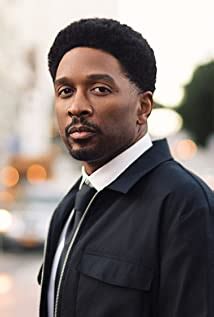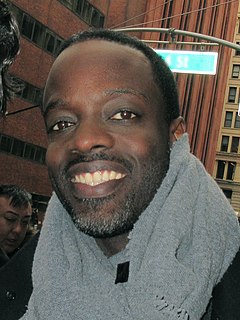A Quote by John Polkinghorne
Of course, nobody would deny the importance of human beings for theological thinking, but the time span of history that theologians think about is a few thousand years of human culture rather than the fifteen billion years of the history of the universe.
Related Quotes
If Mother Culture were to give an account of human history using these terms, it would go something like this: ' The Leavers were chapter one of human history -- a long and uneventful chapter. Their chapter of human history ended about ten thousand years ago with the birth of agriculture in the Near East. This event marked the beginning of chapter two, the chapter of the Takers. It's true there are still Leavers living in the world, but these are anachronisms, fossils -- people living in the past, people who just don't realize that their chapter of human history is over. '
We might expect intelligent life and technological communities to have emerged in the universe billions of years ago. Given that human society is only a few thousand years old, and that human technological society is mere centuries old, the nature of a community with millions or even billions of years of technological and social progress cannot even be imagined. ... What would we make of a billion-year-old technological community?
In 5,000 years of recorded human history... neither in the east or in the west... has any society ever defined marriage as anything other than between men and women. Not one in 5000 years of recorded human history.
That's an astounding fact and it isn't until the last 12 years or so that we have seen for the first time in recorded human history marriage defined as anything other than between men and between women.
The planet earth has a life span of eight billion years, give or take a few million. People have been around for approximately forty thousand years-a virtual blink in the cosmos. It is sad that we as a species are ravaging the natural world so fast that we are jeopardizing our survival. If we wipe ourselves out, it would be the height of folly, but the earth will survive even us. It will eventually restore itself. It might take a few thousand years, and it won't be just as it was before, but its life is stronger than death.
The Seascapes are before human beings and after human beings. The Seascapes were there before our presence, and when our civilization is over, seascapes will still exist. Our presence is temporary. Civilization is only 5,000 to 6,000 years. The history of ours, the material history of consciousness, is rather short.
I write characters focusing on them as human beings, and then you wrap them within a culture. So I think I can connect with him as a person with brown skin who's viewed differently by the world. In terms of his culture, we're thinking about where we are locating Wakanda within the continent, and what the people and history of that region are like. It's a process of investigation to help inform the story at this point. But we are going to be engaged with consultants who are experts on the continent and on African history and politics.
The fundamentalists deny that evolution has taken place; they deny that the earth and the universe as a whole are more than a few thousand years old, and so on. There is ample scientific evidence that the fundamentalists are wrong in these matters, and that their notions of cosmogony have about as much basis in fact as the Tooth Fairy has.
If you get too deep into the history, what often happens to a lot of us actors is that we become stilted. We forget that we're reading about something that happened a hundred years ago. If we don't put the human emotion that would naturally be in there, we end up being stilted instead of being human beings.
I'm interested in the origins of the religious experience, how the history of religion has evolved over the last umpteen thousand years, and where religiosity is going in the future. I think that's a topic I've been chewing on for a few years; I would love to eventually work on and produce a book out of it.


































